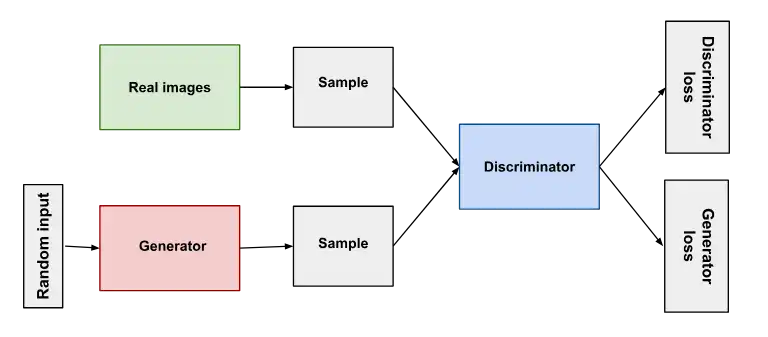Data labeling is an important step in developing training datasets for generative AI models. Annotating raw data with appropriate labels or metadata provides context and meaning to machine learning algorithms.
Generative AI is a growing field where machines create new content like text, images, sounds, animations, videos and 3D models. However, how we label and categorize data plays a crucial role in the success of generative AI models. These models learn from large datasets to create fresh information, finding applications in various industries such as healthcare, marketing, education, and gaming.

The Evolution and Impact of Generative AI
Generative AI has been making waves in the tech world, but what exactly is it? Simply put, Generative AI refers to systems that can create content. This content can be anything from text and images to music and videos.
The Role of Data labeling
In the context of generative AI, data labeling performs many significant roles as described below;
Quality Control: Data labeling contributes to the quality and accuracy of the training data. By precisely categorizing data scenarios, annotators contribute important data to the AI model, allowing it to train effectively.
Semantic Understanding: Generative AI models often need an in-depth understanding of the semantic meaning of the data they generate. Data labeling contributes to semantic understanding by connecting labels with specific data scenarios, allowing the model to fully understand the basic concepts and connections.
Training Supervision: Supervised learning, in which models learn from labeled data, is a popular method for training generative AI models. Data labeling provides the supervision required to effectively train these models, leading them to deliver desired outcomes.
Bias Mitigation: Data labeling can also help reduce bias in generative AI models. By carefully annotating and labeling varied datasets, developers can reduce the possibility of biased outputs while also ensuring fairness and inclusion in the generated material.


Meta’s Powerful Segment Anything Model (SAM)
Data annotation is pivotal in AI and machine learning. Meta’s Segment Anything model (SAM) revolutionizes the field, blending human intelligence with advanced algorithms for enhanced data accuracy and efficiency.
Case studies
Let’s look at a two example case studies to show how data labeling helps to enhance generative AI.
a) Generative Adversarial Networks (GANs), a type of generative model in computer vision, are great at generating realistic images. Data labeling is required in this environment to provide annotations such as object bounding boxes, segmentation masks, and picture captions. These annotations assist the model to learn the physical connections between objects in images, resulting in a better and relevant image generation.
b) Natural language generation models, such as GPT (Generative Pre-trained Transformer), have gained popularity to generate human-like language. Data labeling is necessary for tasks like sentiment analysis, named entity identification, and part-of-speech tagging. Labeling text data that contains significant linguistic information allows these models to better learn language structure and semantics, resulting in more fluent and relevant text creation.

The Power of Labeled Datasets
Labeled datasets are the real game-changer. These datasets include annotations, categories, or labels, which allow algorithms to learn from patterns and make accurate predictions.
Conclusion
Data labeling is crucial for creating dependable and efficient generative AI models. It plays a vital role in ensuring that the content generated is not only realistic and relevant but also unbiased, by adding context and supervision to training datasets.
Continuous improvements in data labeling methods not only enhance the quality of AI-generated content but also drive progress and innovation in generative AI across diverse fields and applications, promising a future filled with exciting possibilities.
DeeLab specializes in providing comprehensive data services to help businesses thrive in the digital age. Our expertise spans across precise data annotation, efficient document processing, and insightful web research. We are committed to delivering high-quality solutions tailored to meet the unique needs of each client.





